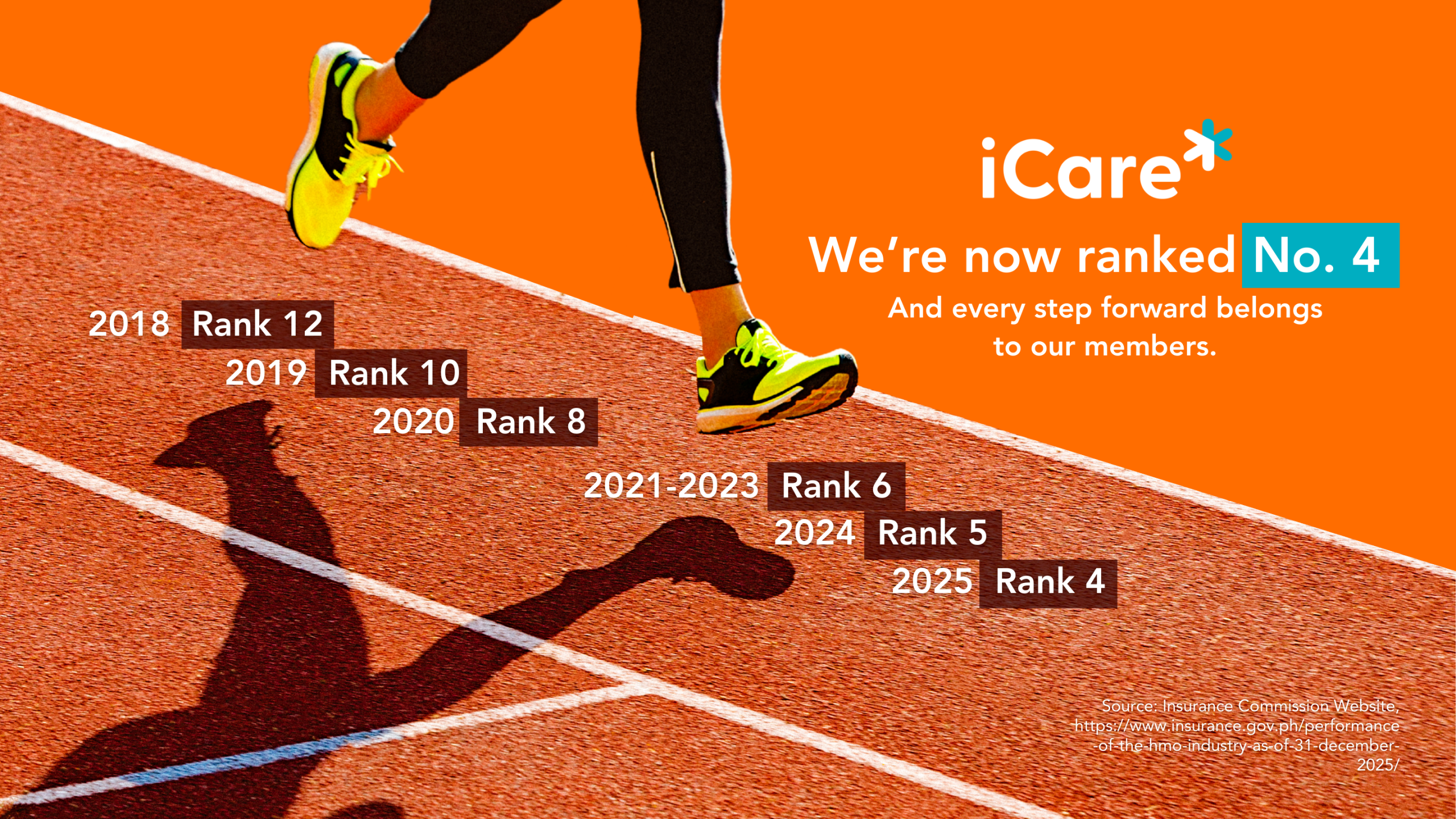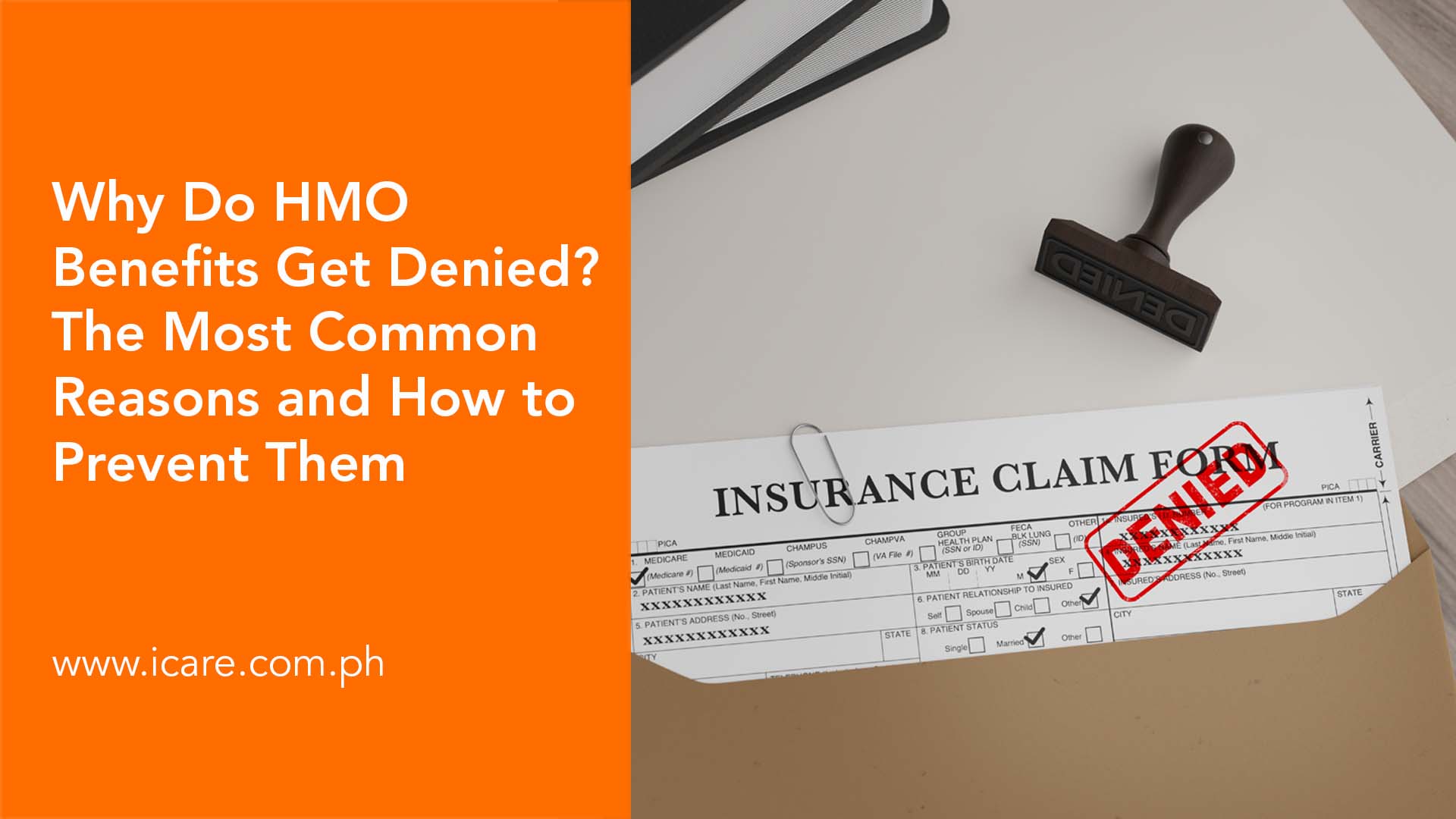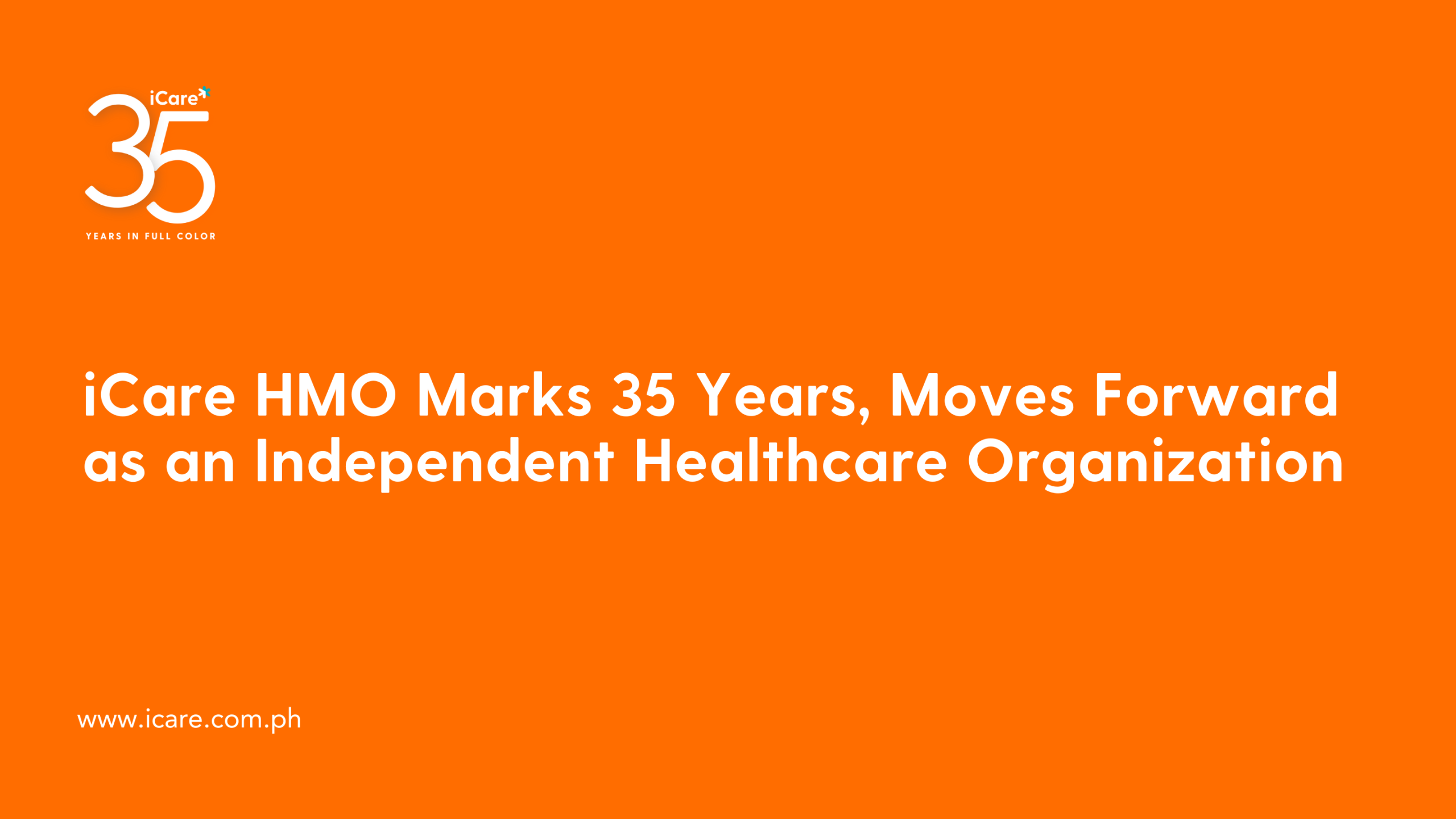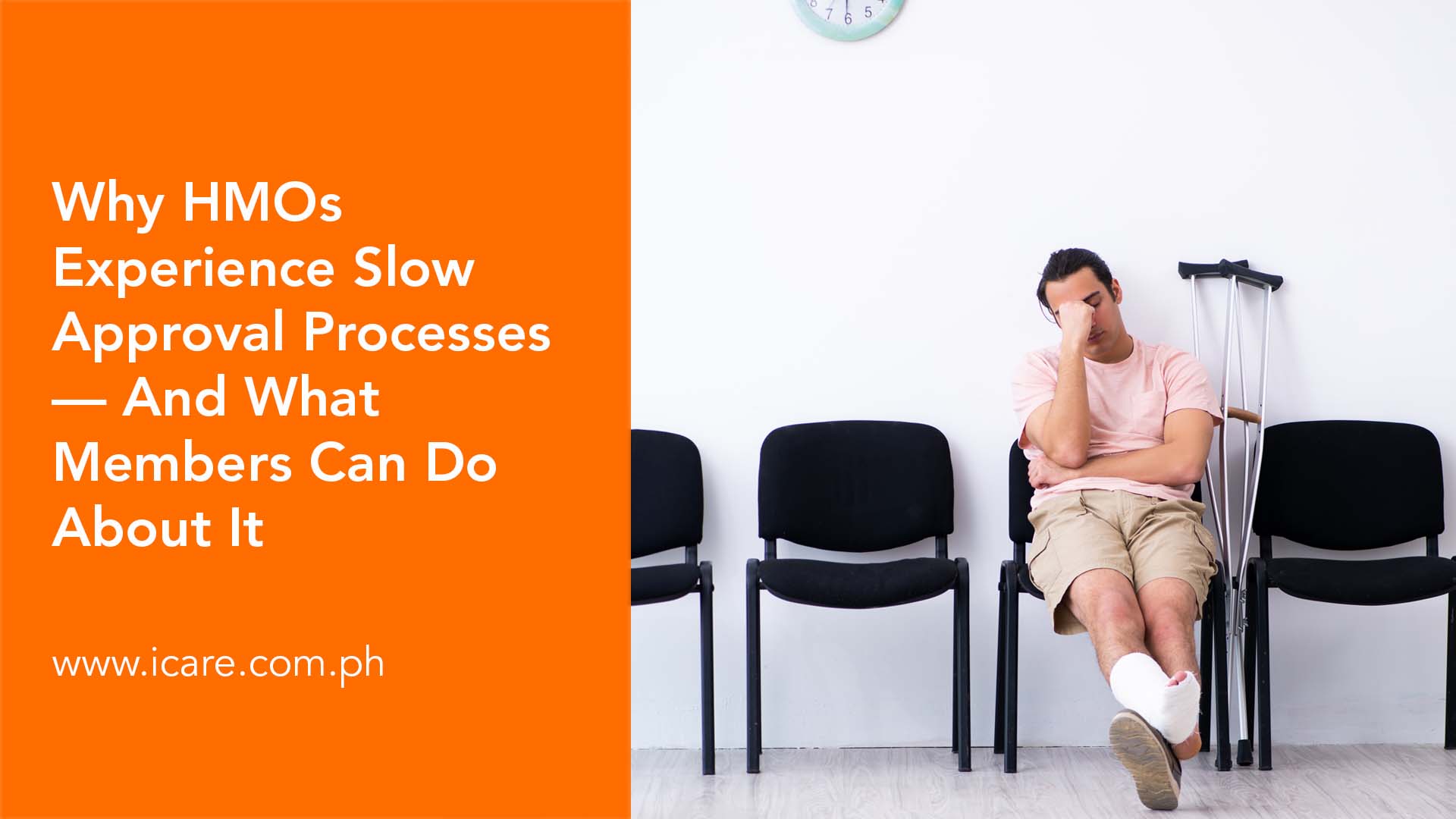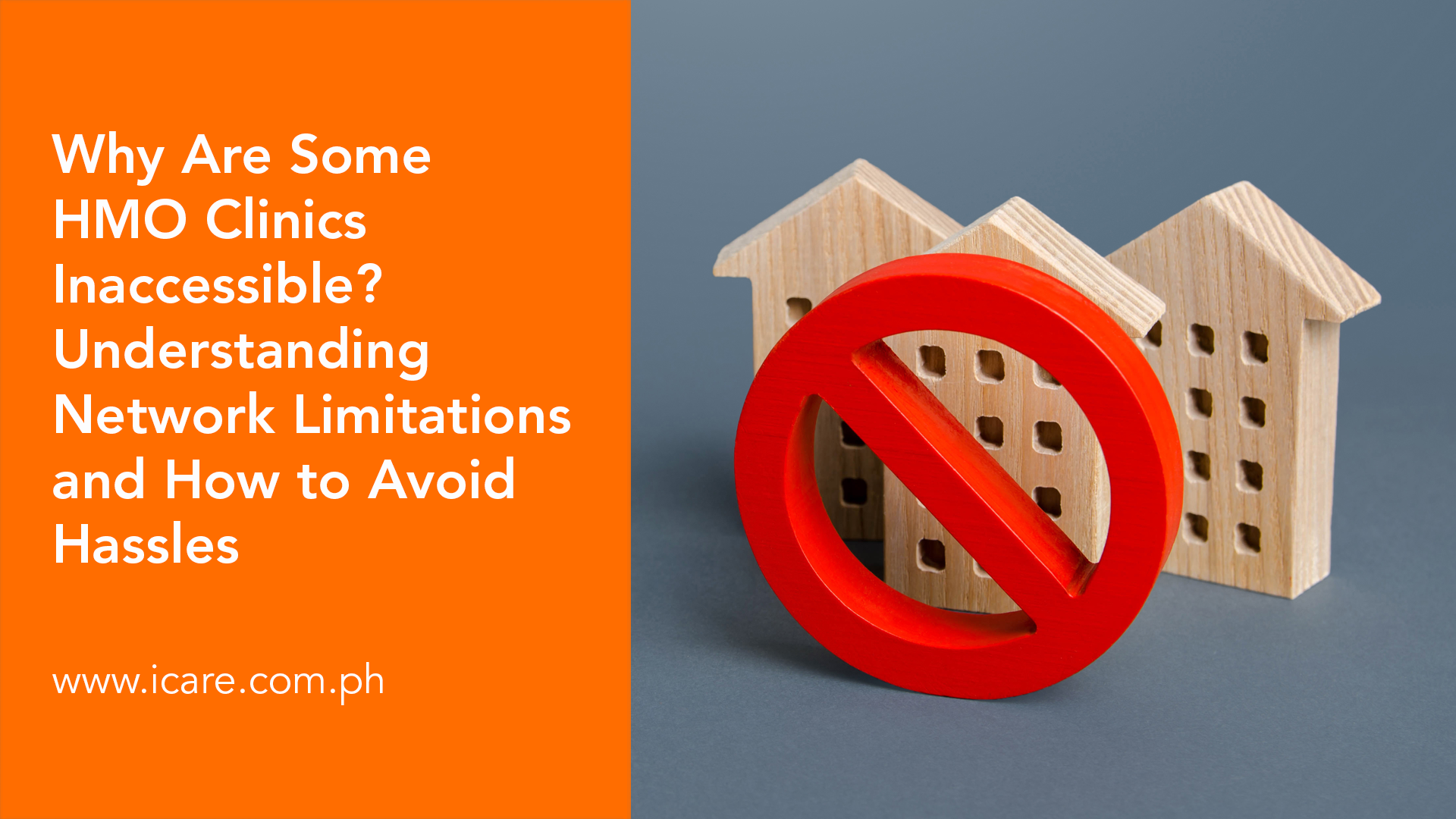24 Feb iCare Breaks into Top 4 HMO Rankings in the Philippines, per Insurance Commission Report
The Insurance Commission’s HMO Statistics for the 4th Quarter of 2025, published on February 20, 2026, show that iCare now ranks 4th among HMOs in the Philippines, based on unaudited interim financial statements as of December 31, 2025....




